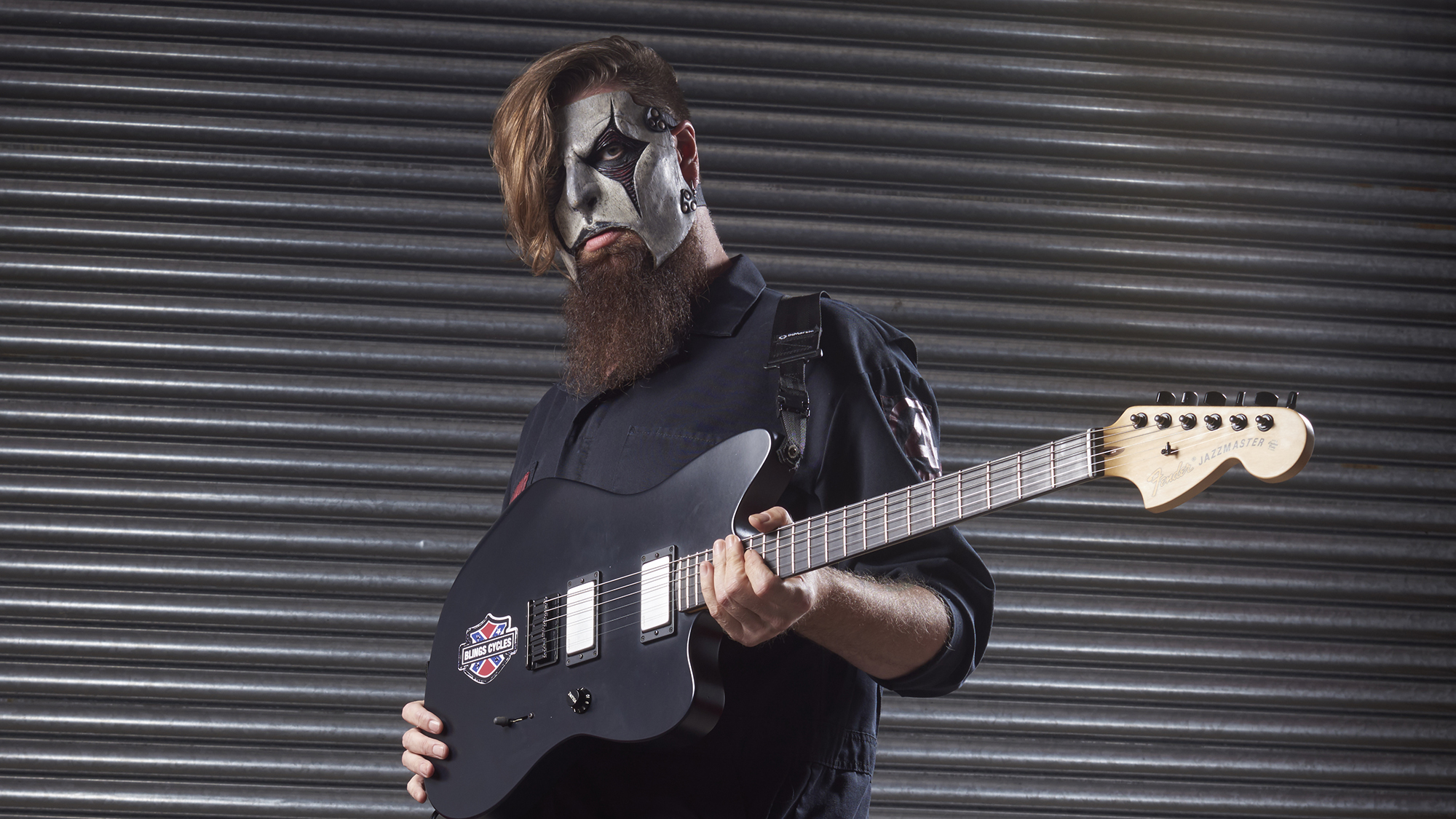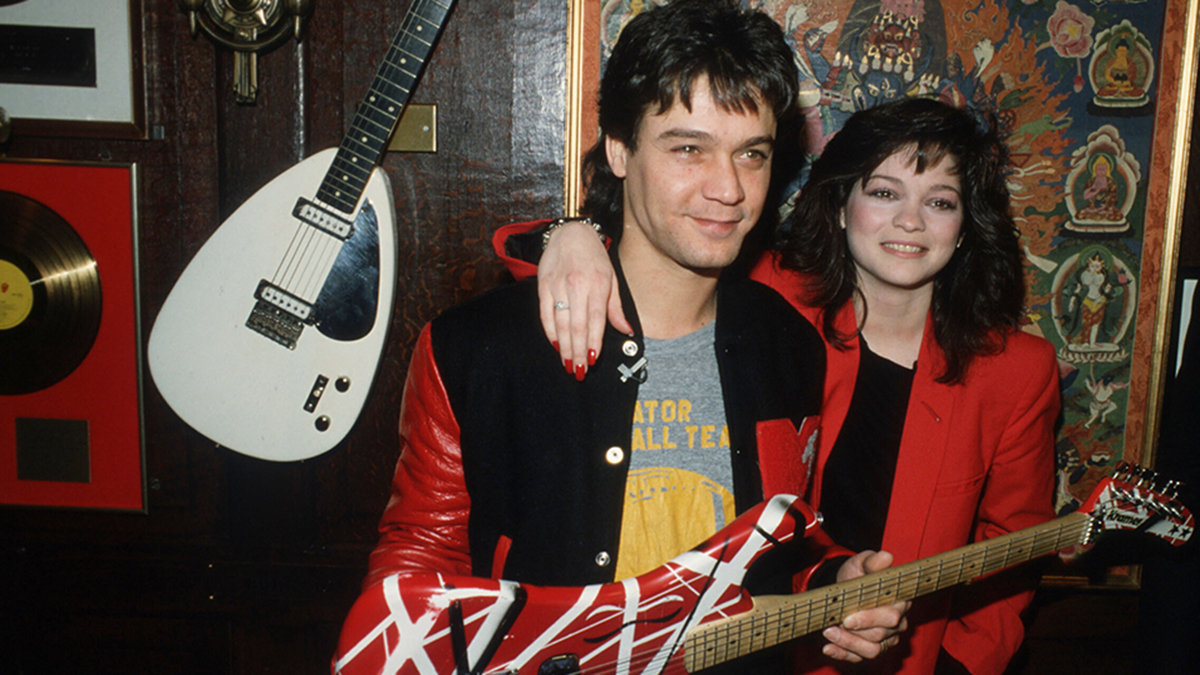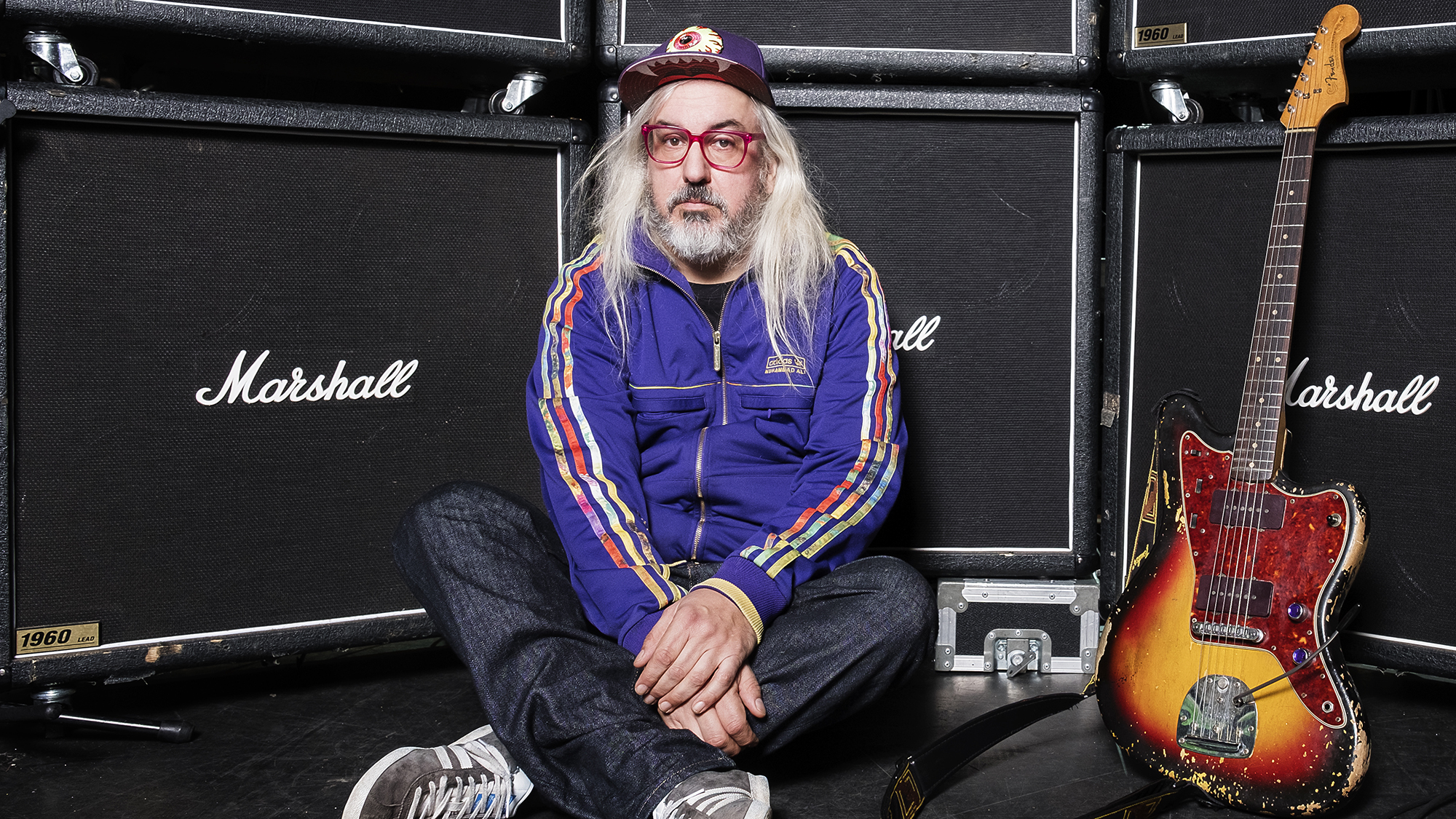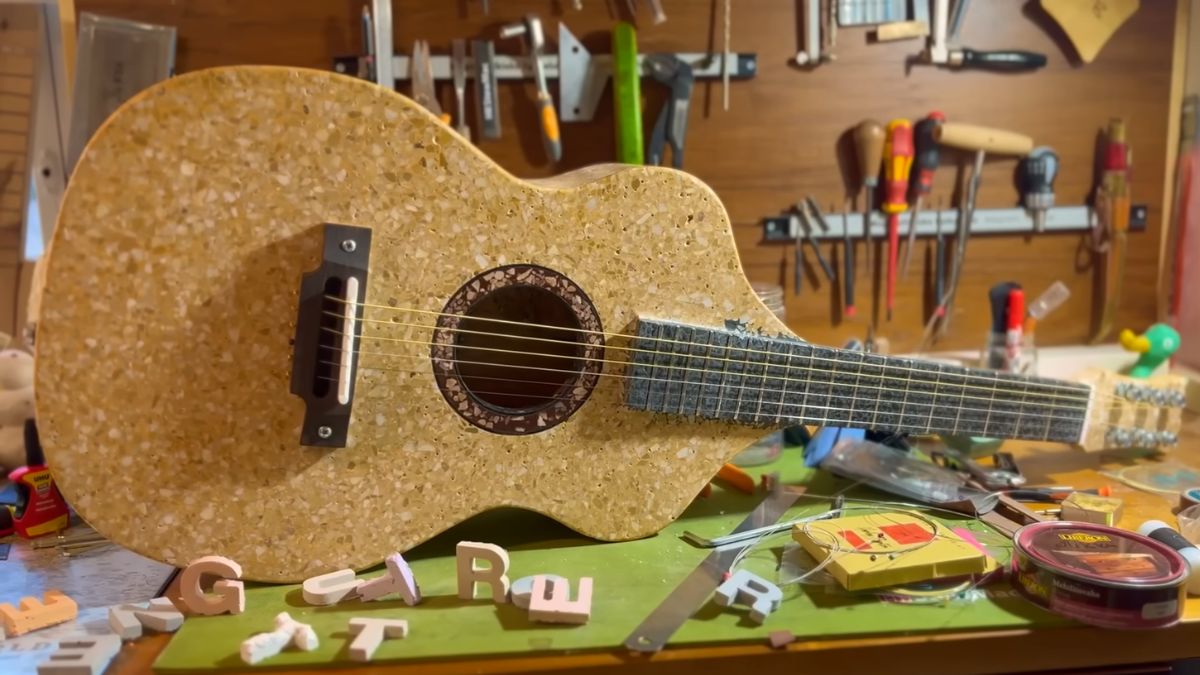“Mike shows us an acoustic demo on cassette and plays it in the car. It’s what ends up being Drive. It was a great guitar line – I just needed to get the hell out of the way of it”: OG Incubus bassist Dirk Lance on how Drive taught him to stop overplaying
Alex Katunich’s busy slap and pop basslines fueled much of the band’s early output, but in a rare new interview, he explains how their biggest hit forced him to take a step back

Alex Katunich, better known by his stage name Dirk Lance, is something of a cult bass hero. The founding Incubus bassist appeared on the band’s first four albums, including multi-platinum success stories Make Yourself and Morning View. But he’s best-known for his frantic slap and pop basslines that dominated their 1997 breakthrough S.C.I.E.N.C.E.
Katunich has stayed out of the spotlight since departing from the band in 2003, focusing on session work and occasional releases with current project East of June. But in a new hour-long interview with Scott’s Bass Lessons, he has waxed lyrical about his time in the alt-rock heroes – and offered a closer look at his manic lines on classic cuts such as A Certain Shade of Green and Redefine.
The interview also finds the bassist – who jokes that “never met a song [he] couldn't overplay on” – reflecting on the lessons he was forced to learn when Incubus underwent a dramatic shift in sound on their landmark album Make Yourself, and in particular, monster single Drive, their biggest hit to date.
As he tells it, not only did Drive force him to change his bass approach, but he also changed his instrument altogether, switching from a Warwick five-string to a ’65 Fender Jazz Bass.
“Mike [Einziger, guitarist] comes out and shows us a song during Make Yourself,” Katunich tells interviewer Ian Allison. “It doesn't have any lyrics, but it's what ends up being Drive. He plays the acoustic demo, because everybody had a Tascam four-track right – it's on a cassette, and he plays it in the car. And you can just tell, like, musically, there was nothing that I needed to be doing on a Warwick.
“It was this seminal moment for me to learn how to play to the part – play what the song needed right then. And all the song needed was something that sounded like this [plays Drive bassline]. And it didn't need anything more than that.
“Frankly, I don't know if there's any more notes in that entire song other than that line, but that was all that it needed, because it was a great guitar line. It was a great melody and lyric, yes, and I just needed to get the hell out of the way of it.”
Get The Pick Newsletter
All the latest guitar news, interviews, lessons, reviews, deals and more, direct to your inbox!
Katunich hints at some all-too-familiar battles with his bandmates over volume and ego – not surprising given Incubus released their first album, Fungus Amongus, when some of the members were just 16 years old.
“You get into that push and pull battle with your guitar player and your drummer,” he says. “You're like, ‘How do I turn up? And how am I louder than you? No-one needs to hear you. I'm the only person that needs to be here. Singer, fuck him. We need more bass!’
“It's only later in life that I've learned to appreciate the note that wasn't played as opposed to the note that was. I seemed to be deeply uncomfortable with whole notes at certain points in my life, you know, just letting something ring out. I'm like, ‘But if I can't hear it, is it truly [there]? You know, the tree falls in the forest and I can't hear it. Did it really happen?’”
Morning View is widely considered the band’s pinnacle as a collective, but it would end up being Katunich’s final album. Former Roots guitarist Ben Kenney joined on bass for 2004’s prog-influenced A Crow Left of the Murder.
Kenney quit the band in 2023 as he recovered from brain surgery, and has since been replaced by ex-Panic! at the Disco bass player Nicole Row.
“It's been interesting for me over the years to listen to the interpretations of Incubus songs by subsequent bass players, Ben and Nicole, and I hear some really cool things,” Katunich reflects of his successors.
“It's always refreshing to me to hear these other interpretations of phrasing and melody that sometimes my mind can't conceive of.”
Katunich also briefly addresses his feelings over his departure from the band, which has been attributed to “personal differences” over the years, but has never been fully explained.
“If there is such a thing that comes from not being emotionally attached to a rough situation in a crazy time in my life, I've had a lot of years to kind of reflect on what it all means, some of the great things, some of the hard things, in order for me, personally, just to continue to be a happy person in general,” he says.
“No matter what it is, I can't be stuck in 20-25 years ago. And I like to think there's a lesson in anything and everything that happens in our lives.”

Mike is Editor-in-Chief of GuitarWorld.com, in addition to being an offset fiend and recovering pedal addict. He has a master's degree in journalism from Cardiff University, and over a decade's experience writing and editing for guitar publications including MusicRadar, Total Guitar and Guitarist, as well as 20 years of recording and live experience in original and function bands. During his career, he has interviewed the likes of John Frusciante, Chris Cornell, Tom Morello, Matt Bellamy, Kirk Hammett, Jerry Cantrell, Joe Satriani, Tom DeLonge, Ed O'Brien, Polyphia, Tosin Abasi, Yvette Young and many more. In his free time, you'll find him making progressive instrumental rock under the nom de plume Maebe.
“I asked him to get me four bass strings because I only had a $29 guitar from Sears”: Bootsy Collins is one of the all-time bass greats, but he started out on guitar. Here’s the sole reason why he switched
“I got that bass for $50 off this coke dealer. I don’t know what Jaco did to it, but he totally messed up the insides!” How Cro-Mags’ Harley Flanagan went from buying a Jaco Pastorius bass on the street to fronting one of hardcore’s most influential bands













